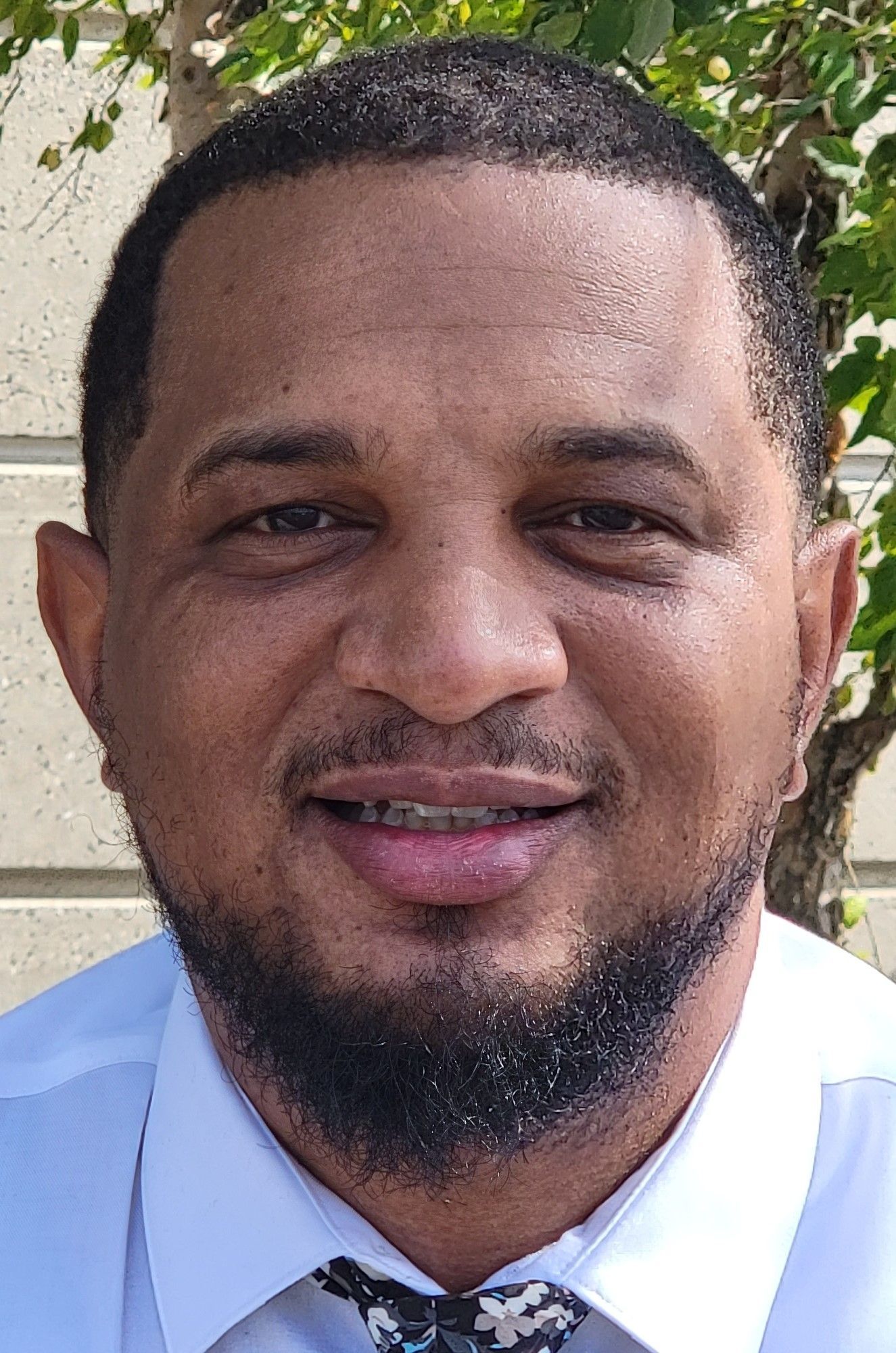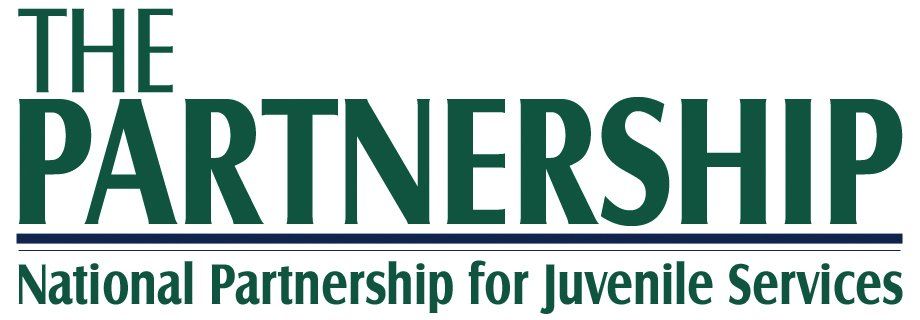Read Our Employee Interview
Juvenile Justice Spotlight

Lashaun Jones
Founder
Agency: Give Justice Solutions, LLC
Office Location: Up and Down the Eastern Coast of the United States
1. What led you into the Juvenile Justice field?
“It’s a great story. I worked at the Chicago Park District at the age of 16 , where I asked my supervisor what degree I needed to be a supervisor. In 2008 I received my degree in Kinesiology from Northern Illinois University . During three rounds of interviews for the Chicago Park District, all hiring was put on hold due to the financial crisis in 2008. I ended up taking a job at a group home on the northside of Chicago . From there I was recruited to Cook County Juvenile Temporary Detention. There, Earl Dunlap gave me a template of Token Economy to review which led me to creating a successful Behavioral Modification program from ‘Automatic Transfers’. I worked at Cook County, IL for seven years where Mack McGhee served as my mentor. This ultimately led to an Operational Supervisor position at DYRS in DC. In 2022, Carol Cramer-Brooks ultimately reached out with an opportunity as a consultant.”
2. What motivates you to stay in this field?
“I feel it is God’s calling for me to reach out to youth, and to build leaders in the field. I try to be a beacon of light and hope for the kids I work with and feel like I’m passing the baton of knowledge and experience to them.”
3. What are your career goals?
“My future goals are to continue to build my brand. I need others to build connections, find like-minded people, and grow to be able to transform the juvenile justice system.”
4. What part of your job energizes you?
“The ability to fill somebody’s else’s cup is the main thing. To make a difference and help others. I like the idea of being a leader but also a servant to the business.”
5. What topic would you love to get more training on to help you in your job or with higher career aspirations?
“I would love to learn the aspects of how and when federal monitors are assigned to facilities. While most of those involved may be lawyers. I feel that I have a hand in getting a few jurisdictions out of consent decree, and I’d love to learn the other lane. Additionally, I’d like to improve my public speaking abilities.”
6. What is your personal philosophy as it relates to Juvenile Justice?
“I feel like juvenile justice is another challenge that our country is facing and needs to be brought up to speed. I love the book, ‘The New Jim Crow’ by Michelle Alexander. It’s helped me to keep in perspective that we are dealing with human beings and a long history of systemic agendas. My philosophy is to treat people like people and do it with the utmost care.”
7. What has been one of your most memorable experiences since you began working in Juvenile Justice?
“As the Supervisor of Operations in Washington, D.C., I had two youths in for pretty bad crimes. They both had connections in the community. I was able to influence them by utilizing restorative justice practices. They were able to laugh, cry, and understand that they’d been brought together for a reason. I was able to help them to understand that they had commonalities and were able to push aside the rivalry and come together. The beef had been squashed and it trickled out in the community as well, thus saving lives.”
8.
If you could share a valuable life lesson with youth to help them avoid becoming involved in the juvenile justice system, what would it be?
“I’d tell them to be open to new things and be open to guidance from others. Some of the biggest problems come from a lack of programs on the front end. Historically, programs like the Boys & Girls Clubs and parks and recreations budgets have been cut across the nation. The costs for these programs are too high for youth in troubled communities. These programs helped to keep their minds away from what’s in front of them on a day-to-day basis.”
9. What concerns do you have about the current state of JJ?
“The politics. It is way bigger than most people see. I feel like I can change things but it’s such a big undertaking. There’s so much at play, with their environment playing such a big role for youth. I think about a story out of New Orleans where they finally took incarcerated kids out Angola Maximum Security Prison. This issue still exists in the US and politics had a direct impact on spending money for new facilities or alternative community-based programming ”
10. What do you enjoy doing when you’re not at work?
“I am a father who has a child prodigy in softball. I coach softball all the time. I train, coach, and mentor youth in softball. I also love to roller skate – 4-wheels only - and travel.”
